Research and Markets report that the global Forex market was nearly $753.2 billion in 2022 and will hit 1.143 trillion by 2028. Analysts name the high profitability of FX trading as the main reason for such an active development. As traders start doing business in Forex, some face issues with opening trading accounts, specifically when choosing between demo and real profiles. Let’s look closer at both so you can choose which one suits you better.
Key Features of Demo and Real Forex Profiles
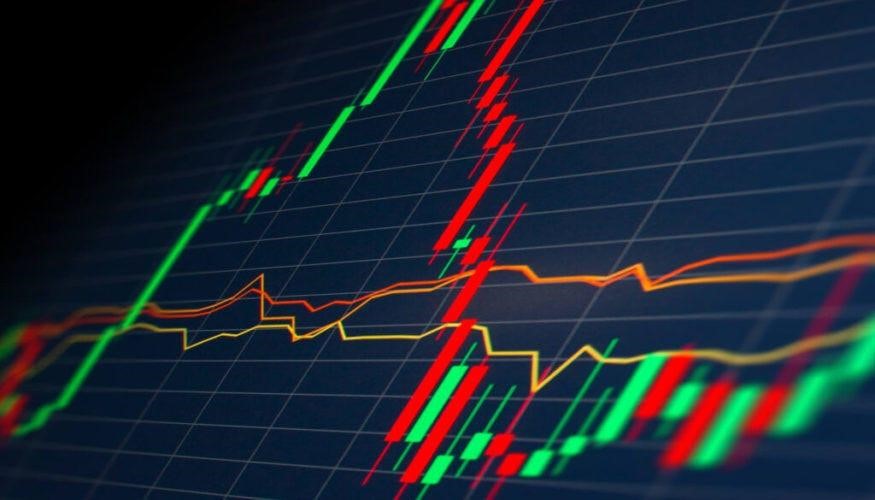
Before opening an FX account, you should pick a reliable broker (e.g., FBS). Only trustworthy brokerage sites offer transparent cooperation turms while charging reasonable commissions. Shady trading intermediaries, for their part, often delay withdrawals, change terms on the fly, and have poor choice of payment methods.
Demo Trading Accounts
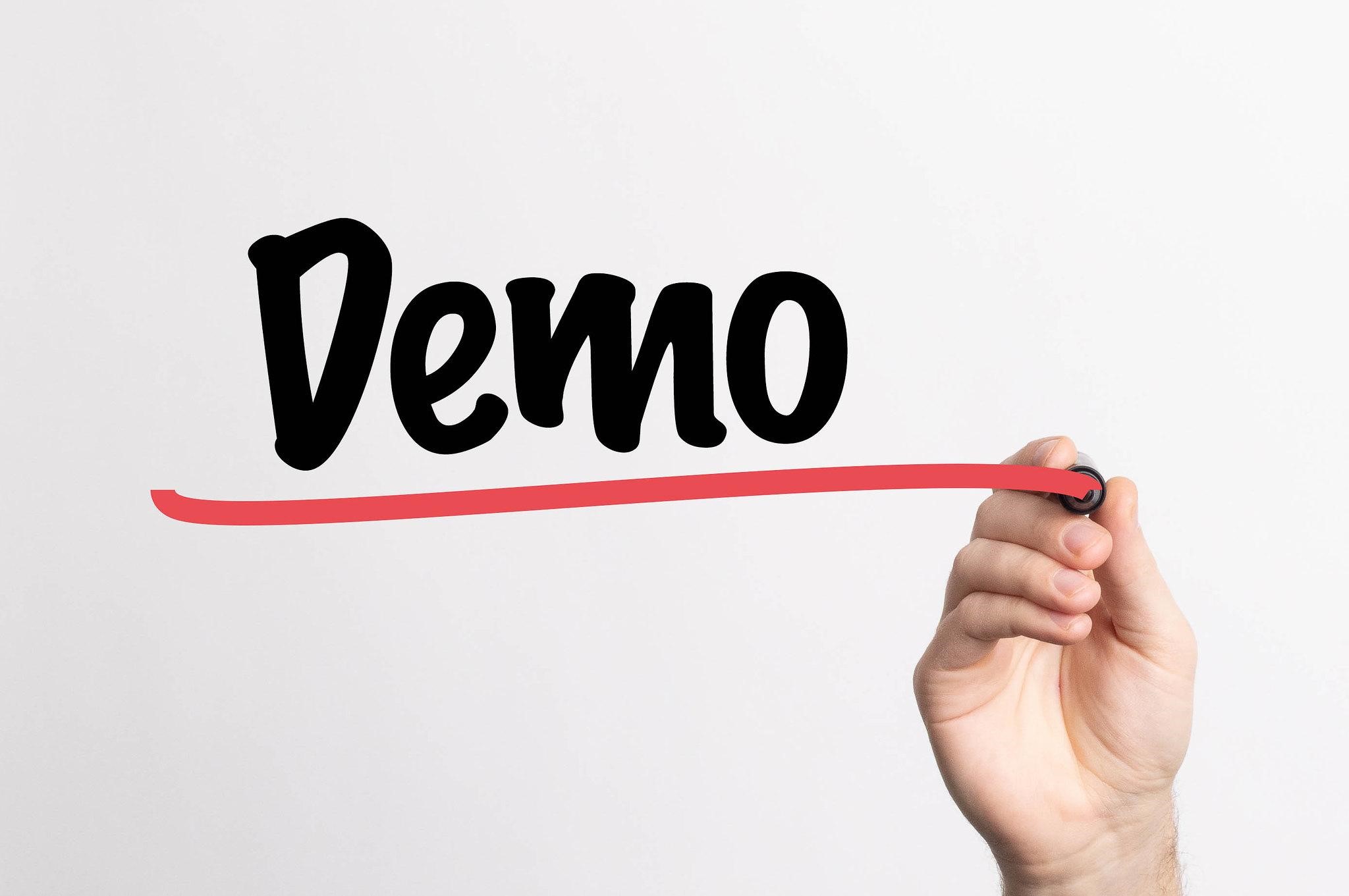
Demo profiles are most popular with newbies. With a demo account, you can explore trading tools and the market, as well as test different FX strategies without the risk of losing real money.
Skilled traders have a use for such profiles, too. For instance, when they change brokers, they can use a demo account to accustom themselves to the new brokerage site’s trading environment. Also, demo accounts are a great sandbox for testing a new original Forex strategy.
Real Trading Accounts
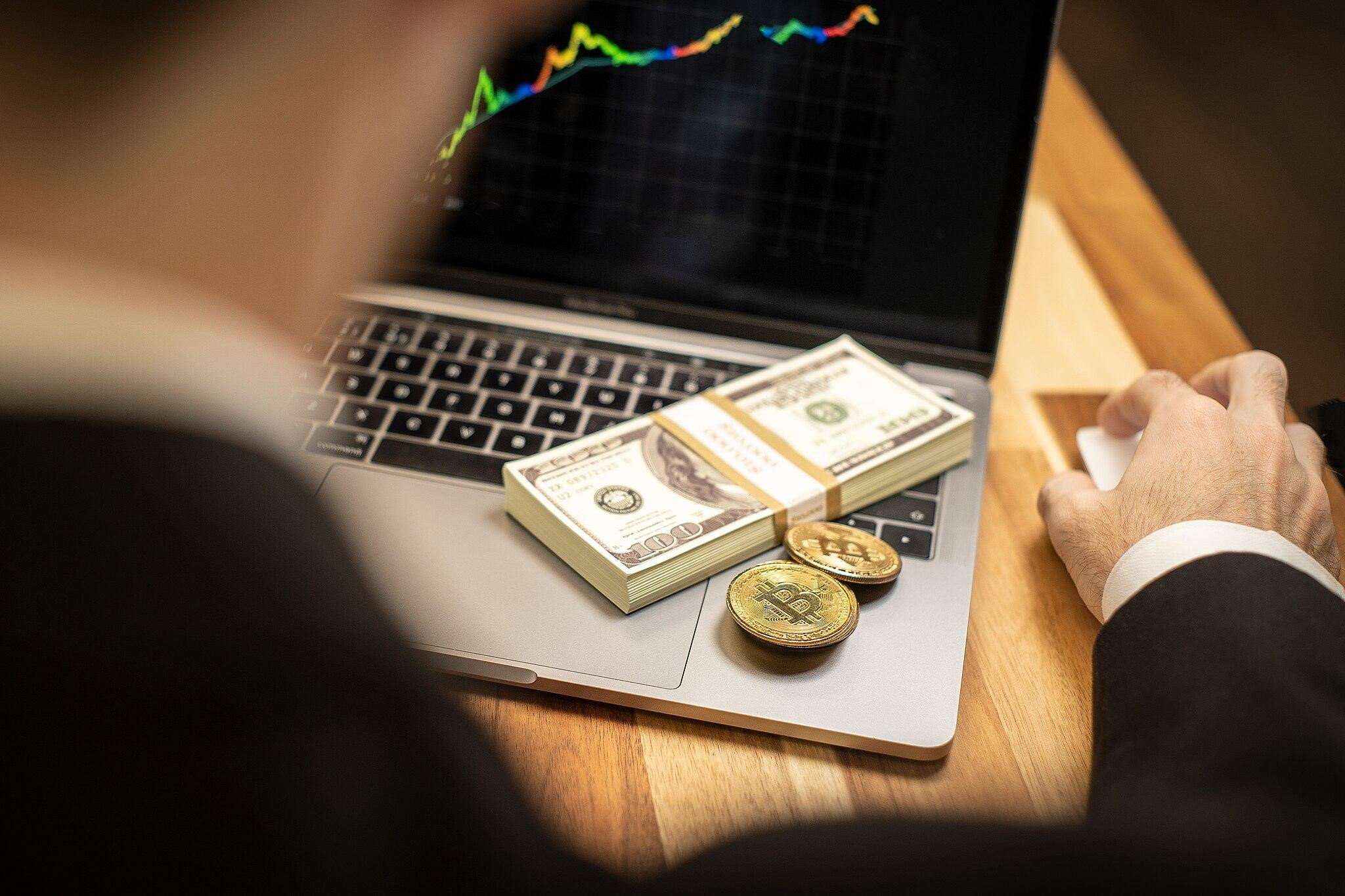
The real trading accounts allow you to obtain profits and withdraw the money you’ve gained. Experts don’t recommend newbies use accounts with high leverage. Otherwise, they may quickly become bankrupt.
You must pass a verification after a real trading profile is made. Only in this case can one replenish their accounts and cash revenue out. Upload an ID scan to verify the real profiles you’ve created.
Picking Trusted Brokers
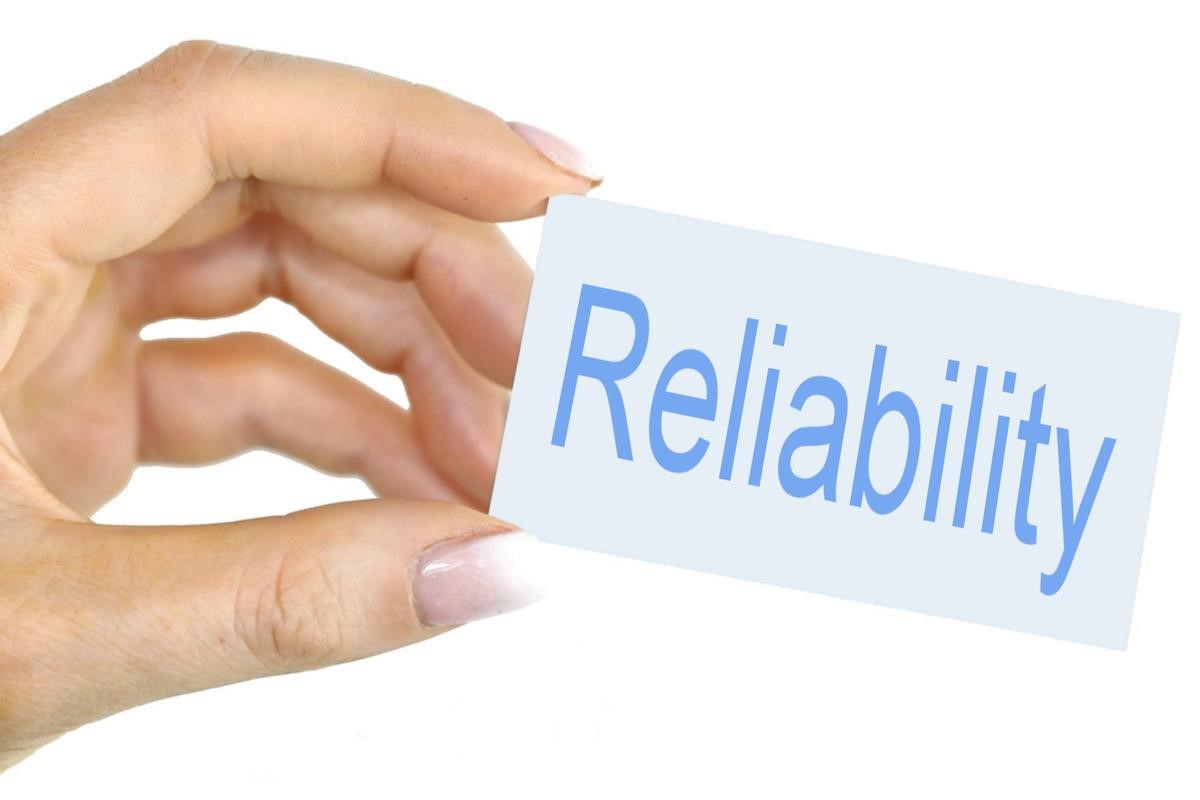
Credible brokerage sites always operate under official licenses issued by trusted organizations. For example, the Belize Financial Services Commission or the Cyprus Securities and Exchange Commission.
Review the Contract
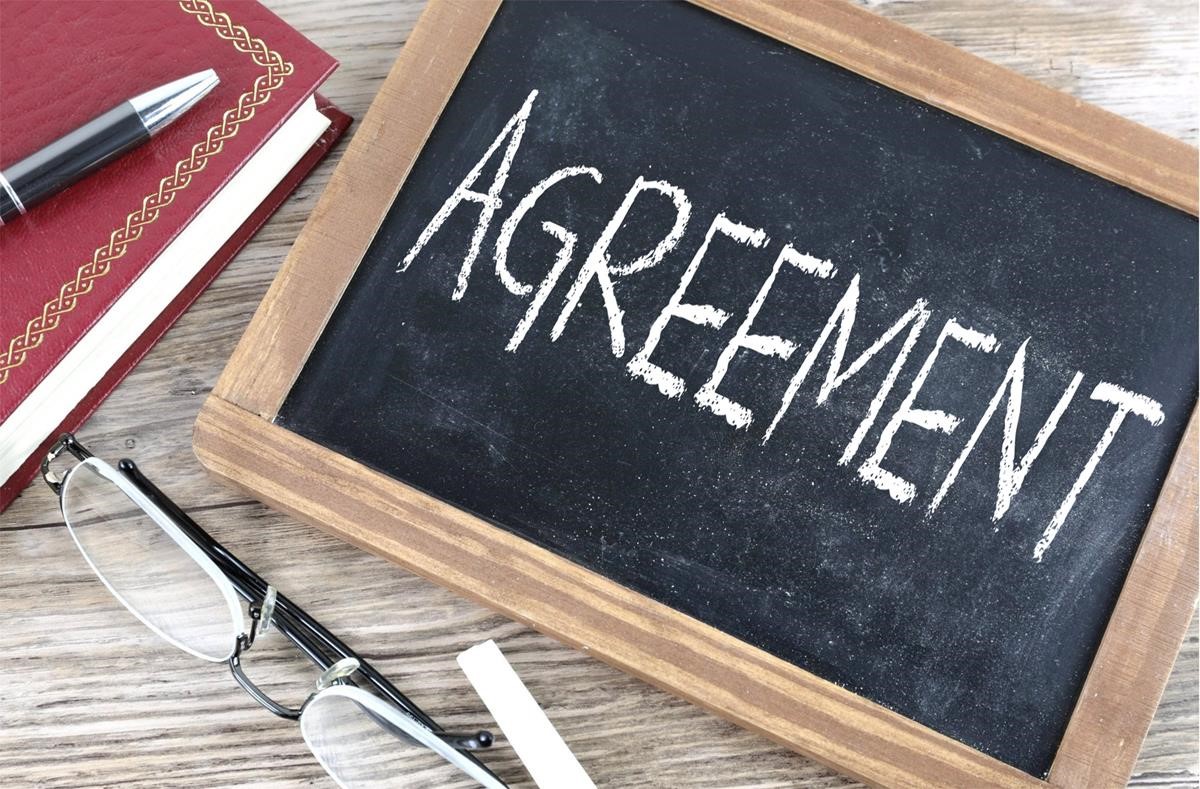
Reliable FX intermediaries offer their clients formal agreements. You have to carefully read and accept the contract before the trading account is created. Contracts shouldn’t include the following:
- dubious statements and unclear cooperation terms that may be interpreted against the trader’s interests;
- overcomplicated phrasing that often hides unfavorable cooperation terms;
- empty spaces that can be later filled out with extra conditions.
Fair agreements must also include explicit information about the brokerage company, including brocker’s full name, legal info, etc.
Check Available Trading Platforms
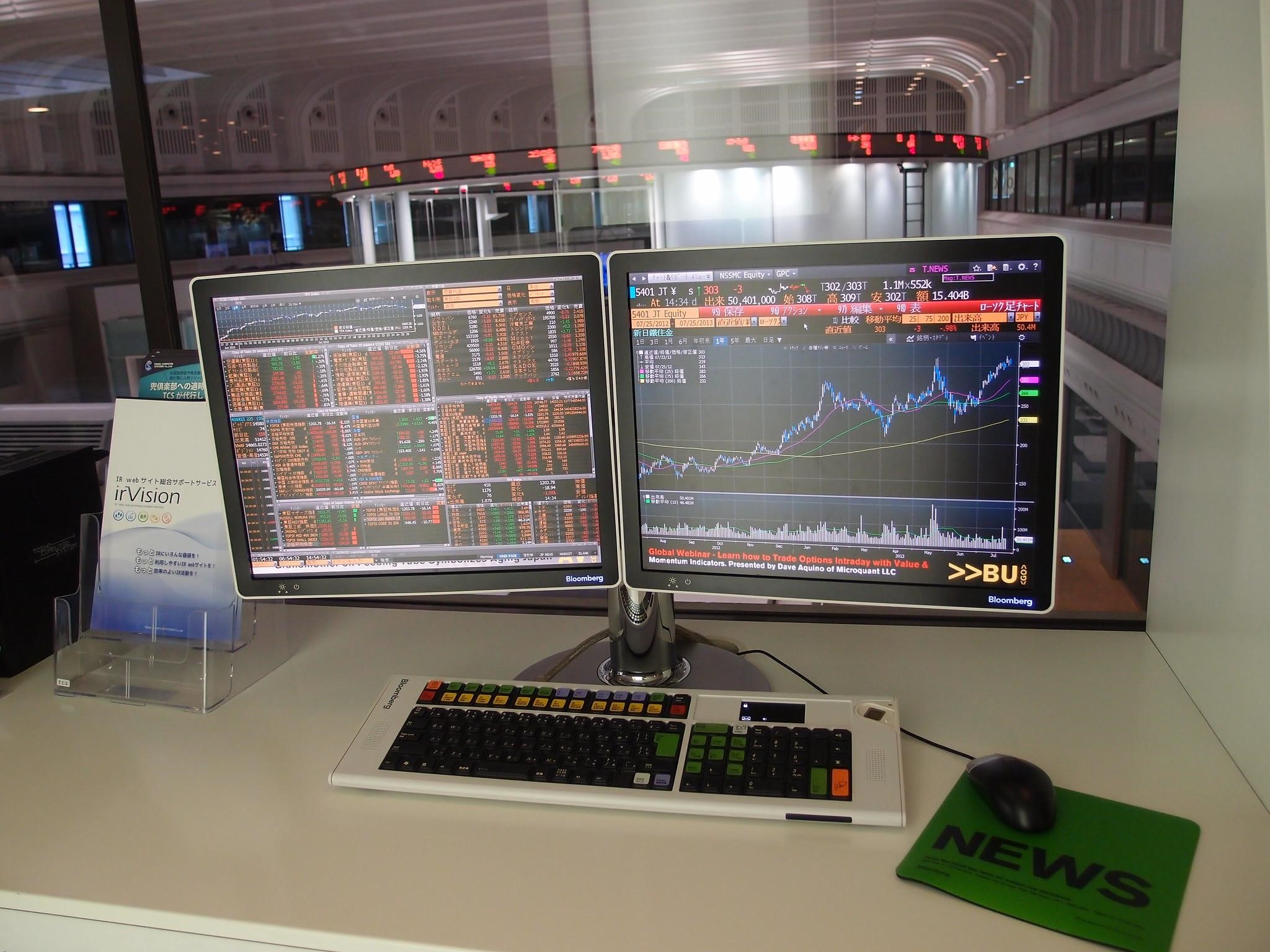
Reputable Forex intermediaries always offer multiple trading options. You can make deals via popular terminals like MT4 or MT5 or their own trading platforms. For example, FBS Trader by FBS.Com.
Test the Accessibility
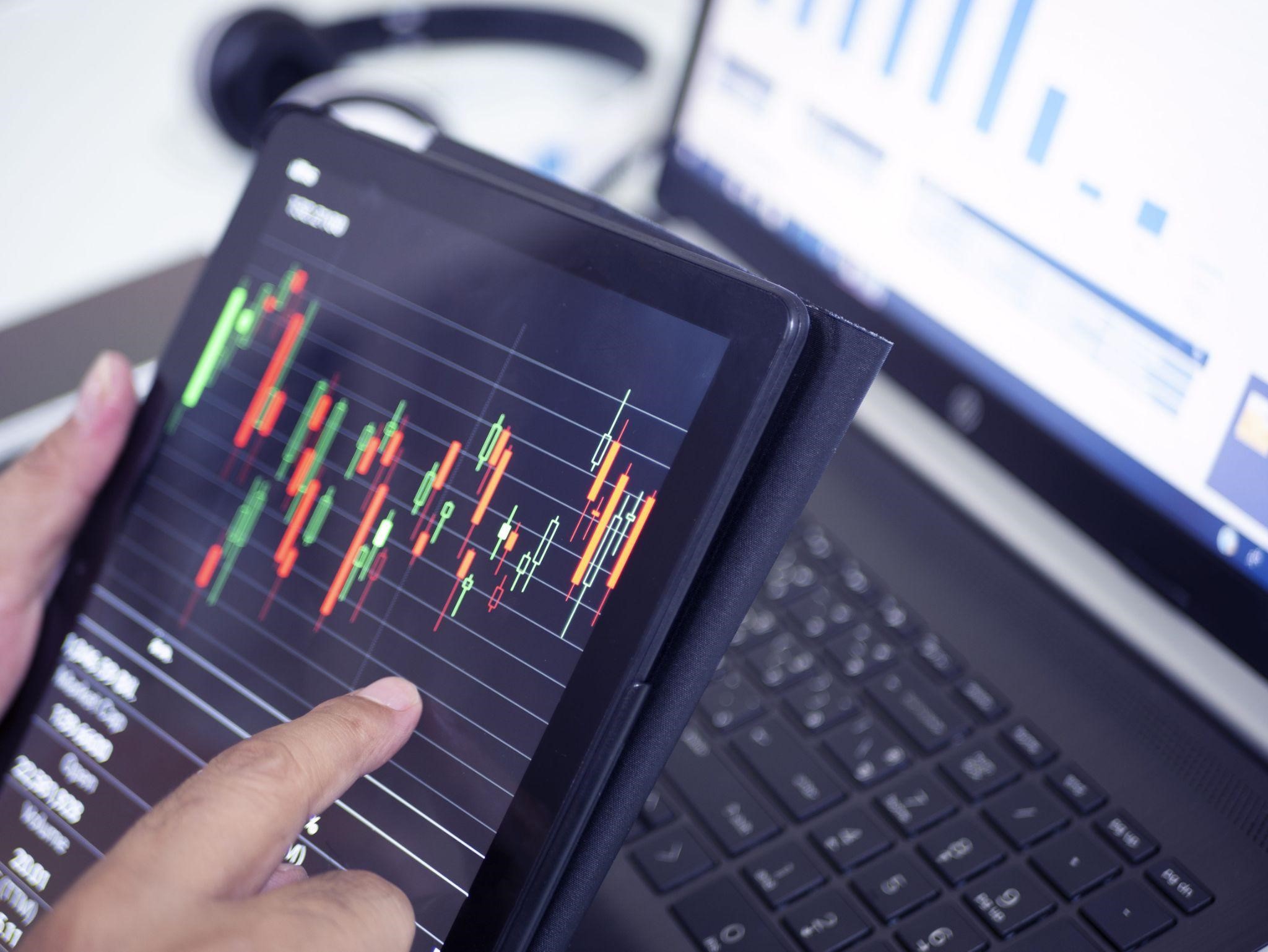
Credible brokers provide their clients with the means to trade, track ongoing market trends, and analyze transactions from both mobile gadgets and stationary PCs. Mobile apps for trading suggested by reliable intermediaries will have no issues running even on low-cost or older devices.
Conclusion
According to seasoned professional traders, demo FX accounts are a good starting point not only for newbies but also for those looking for a safe space to test a new broker or strategy. As soon as you feel confident enough, you should switch to a real trading account to start making real profits. In either case, choose a trusted brokerage site offering all the necessary tools and a clear contract.


